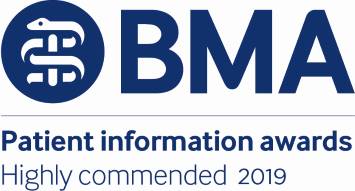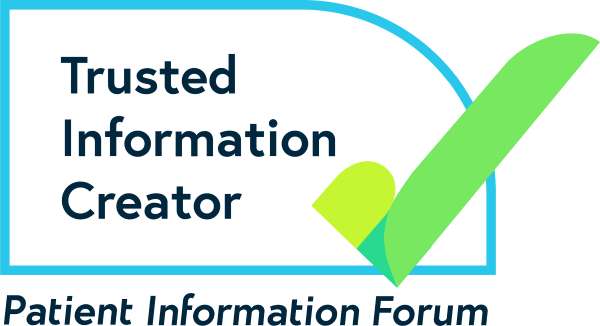UKPT News and Blog
Paruresis in Urology Awareness Month
It's Urology Awareness Month. Compared to the list of many serious and potentially life-threatening urology conditions, is this really the time and place to talk about shy bladder syndrome?
I would say yes it is. Shy bladder syndrome, also known as paruresis, may not be life threatening but it can be life-affecting for people who experience it in its severest form.
Paruresis is a form of social anxiety disorder, an inability for individuals to urinate in the presence, real or perceived, of other people. It causes them to avoid situations that may make it difficult or impossible for them to be able to urinate. It affects both men and women of all ages and backgrounds, with up to 1 in 12 of the adult population, both males and females, experiencing it to some extent.
Organised by The Urology Foundation, Urology Awareness Month focuses on "raising awareness to breakdown stigma and encourage people to actively take care of their urology health".
There is certainly a stigma around paruresis, with many sufferers going to great lengths to keep it hidden from friends, colleagues, employers and family. And people with paruresis need to actively take care of their urology health, as many of them treat their bladders pretty badly. They often restrict drinking for hours, even days. They hold on to urine for hours until they reach what they perceive to be a "safe" place to pee. They put off getting urological issues checked out by a health professional for fear of embarrassment. They often even put off getting other health issues checked out in case they might need to go into hospital where they might not be able to use the toilets. These are real fears for people who have paruresis.
The effects of this on their mental health is not hard to imagine. Many people who experience paruresis have no social life. They often only leave the house for "known" places where they are sure they will be able to use the toilets. Or only visit places close to home so that they can pop home to use their own toilet facilities. They avoid socialising in pubs and clubs for fear of crowded toilets where some people, especially women, have a tendency to visit the toilet in groups and spend extra time in the washing area doing their hair and make up. Many of them feel unable to take a holiday, and especially fear flying where they believe they won't be able to pee in aeroplane toilets. Career choices may be limited by workplaces which have toilets where a person with paruresis might not feel "safe" i.e. they fear that someone else may be able to see or hear them using the toilet: or by workplaces where the times to use the toilet are dictated by your work pattern e.g. teaching or factory work: or where urine drug testing is mandatory.
So yes, let's talk about paruresis in Urology Awareness Month. Let's talk about the things that can be done to overcome it. Let's talk about Cognitive Behavioural Therapy (CBT), the recommended treatment to help you get to grips with your fears. Let's talk about the UK Paruresis Trust (UKPT) – the organisation set up specifically to give you information and support as you deal with your paruresis. Let's talk about the UKPT's workshops which show you the CBT techniques you need, and help you plan how to apply them to your life.
Urology Awareness Month comes around every year. Don't leave it another year before you take action against paruresis.
Visit the UK Paruresis Trust website at www.ukpt.org.uk
When you subscribe to the blog, we will send you an e-mail when there are new updates on the site so you wouldn't miss them.










Comments